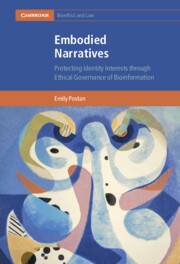Premised on the Developmental Origins of Health and Disease theory and on the limited effectiveness of antenatal interventions, interventions in the preconception period are being conducted to potentially improve intergenerational health and non-communicable disease burdens. The Healthy Life Trajectories Initiative (HeLTI) is an international health research consortium primarily investigating the intergenerational effects of behavioural interventions on obesity via a complex four-phase intervention initiated preconceptionally, through pregnancy, and into early childhood. HeLTI, in partnership with the World Health Organization, aims to generate evidence that will shape health policy focused on preconception as part of a life course approach to population health. It is necessary to ensure that a renewed public health focus on preconception prioritises justice and equity in its framing. This article presents collaborative interdisciplinary work with HeLTI-South Africa. It applies a feminist bioethics methodology, which is empirical, situated, intersectional, and fundamentally concerned with justice, to investigate what South African HeLTI community health workers, or ‘Health Helpers’, who deliver the complex behavioural intervention, think about preconception health and responsibility. Seven semi-structured interviews were conducted with HeLTI-SA Health Helpers, and data were analysed using reflexive thematic analysis. Our findings show that Health Helpers’ perceptions of preconception health and related responsibility were significantly gendered, heteronormative, and concerned with child-bearing intentionality and desires. These themes were inflected with Health Helpers’ perceptions about how attributions of responsibility are shaped by culture, demonstrating the situated nature of epistemologies. Their ideas also highlight how preconception health knowledge can distribute responsibility unjustly. Understanding the contextual impact and relevance of values around responsibility is critical to prospectively design preconception health interventions that promote equity and fairness. This understanding can then be used for effective policy translation, with the goal that public health policy is founded upon contextual responsivity and justice for the public it aims to serve.
